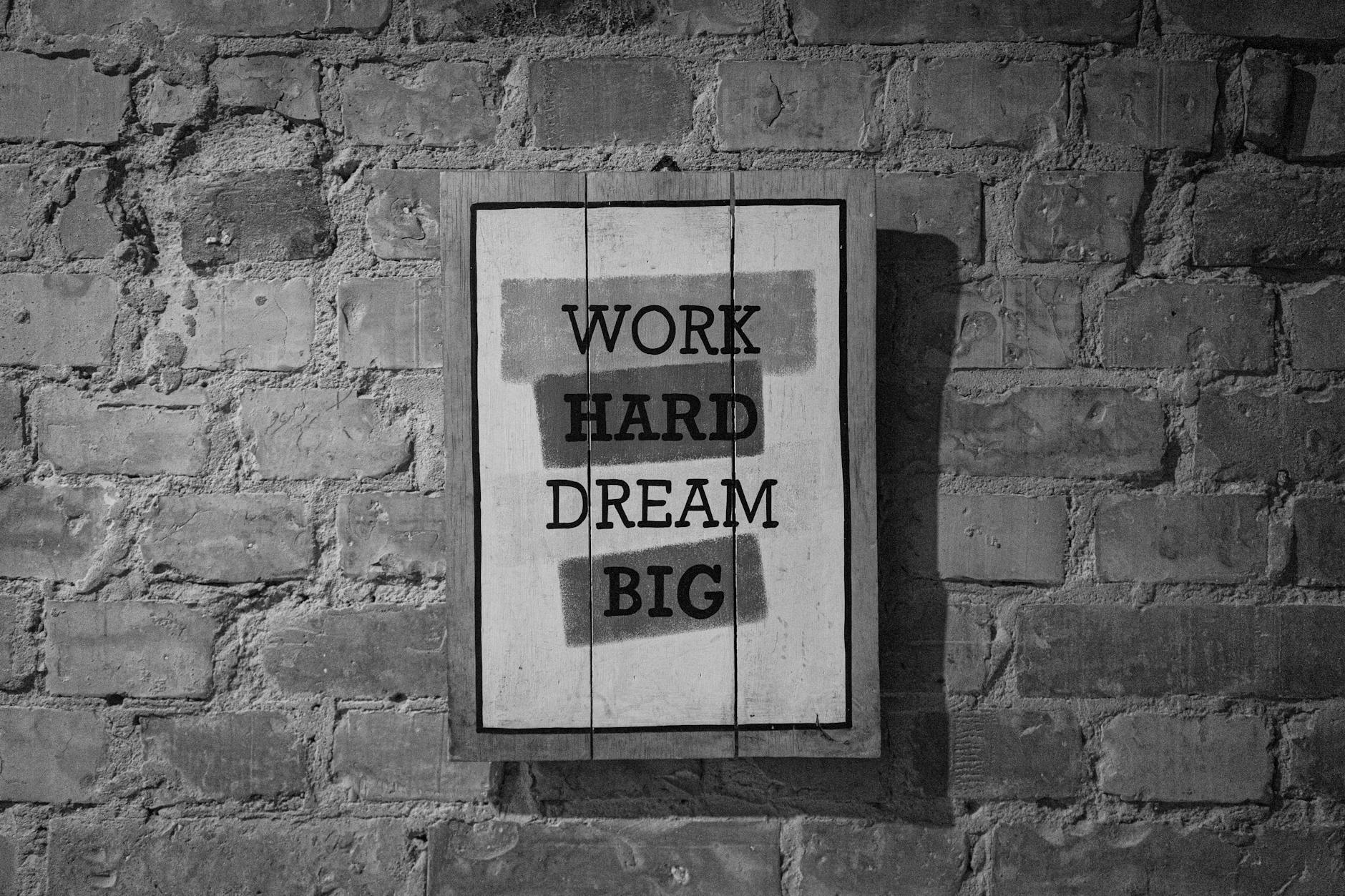OpenAI’s Big Hardware Dream Just Got Messy—Here’s Why
Let’s be real for a sec
You know OpenAI, right? The brains behind ChatGPT. Well, they had this grand plan to team up with Jony Ive—yeah, that Jony Ive, the guy who made Apple’s gadgets look so darn pretty—to build some next-gen AI hardware. But guess what? The legal system just threw a wrench in the works. A court told OpenAI to wipe all mentions of the partnership after some trademark drama. So, what’s the deal? And why should you care? Buckle up.
The Dream Team That Hit a Snag
When OpenAI first announced they were working with Ive, the tech world lost its collective mind. I mean, it made sense—take Apple’s design wizard, mix in OpenAI’s AI magic, and boom, you’ve got a recipe for gadgets that could change everything. People were already imagining iPhonesque devices whispering sweet AI nothings into their ears.
But here’s the thing: dreams don’t always survive first contact with reality.
So, What Actually Went Wrong?
That Pesky Trademark Issue
Turns out, OpenAI might’ve skipped a step. Some other company—no one’s saying who yet—claimed the project’s name was already theirs. And not just in a “we thought of it first” way, but in a legally-binding, trademarked way. Oops. The court didn’t waste time—OpenAI got slapped with an order to take down everything: blog posts, teasers, even vague tweets. Poof. Gone.
Why This Hurts More Than Just Pride
For OpenAI, this isn’t just some minor hiccup. They’re betting big on hardware, and now? Radio silence. No hype, no buzz. Just a bunch of lawyers probably working overtime to figure out a new name that won’t get them sued.
What’s OpenAI Doing About It?
Quietly cleaning house, that’s what. No rants, no drama. They’ve scrubbed their site and socials like someone trying to delete an embarrassing tweet from 2012. But behind the scenes? You know they’re scrambling. Rebranding isn’t just slapping on a new name—it’s logos, marketing, maybe even rethinking the product itself.
The real question: Is Jony Ive still in? Or is he side-eyeing the exit?
What This Means for OpenAI’s Big Plans
Short-Term Pain
- Delays, obviously. You can’t just swap names like last-minute dinner plans. This’ll push everything back.
- Reputation hit. Investors don’t love it when you trip over legal stuff before the race even starts.
Long-Term Headaches
- Will Ive stick around if the vision gets watered down? Geniuses aren’t known for patience.
- And what about talent? Top hardware folks might think twice before jumping on a ship that’s already leaking.
Bigger Lessons Here (Because There Always Are)
This isn’t just an OpenAI problem—it’s a wake-up call for any tech company playing in the big leagues. A few takeaways:
- Do the boring stuff first. Trademark searches are about as fun as watching paint dry, but so’s a court order.
- Have a Plan B. Because the universe loves curveballs.
- Don’t overpromise. Hype is great until you have to walk it back.
Wrapping This Up
OpenAI’s hardware dreams aren’t dead, but they’re definitely limping. This whole mess shows what happens when cutting-edge tech crashes into old-school legal red tape. Will they bounce back? Probably. But for now, it’s a solid reminder: even the shiniest future needs to fill out its paperwork.
Final thought: If AI gadgets are gonna rule the world, let’s hope the lawyers can keep up.
Source: ZDNet – AI










